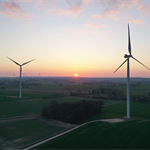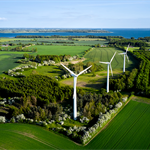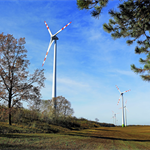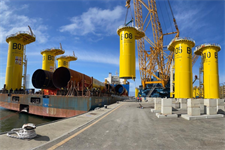EU threatens member states with court over renewables permitting
Energy Disrupter

The European Commission’s energy directorate announced last week (12 February) that eight member states had still not complied with rules designed to fast-track approvals for new renewable energy projects in their countries, despite the regulations officially coming into force in July last year.
It warned Bulgaria, Spain, France, Italy, Cyprus, the Netherlands, Slovakia and Sweden that they must “take the necessary measures” within two months or face potential legal proceedings at the EU’s Court of Justice.
The eight member states have failed to satisfy the commission that they were complying with the new rules, which form part of the EU’s Renewable Energy Directive (RED) legislation.
The regulations contain measures to simplify and accelerate permitting procedures both for renewable energy projects and for the infrastructure projects necessary to integrate the additional electricity into the grid.
They also include clear time limits for permit-granting procedures targeted to specific technologies or types of projects, the strengthening of the role of the single contact point for applications, and the presumption that renewable energy projects and the related grid infrastructure are of overriding public interest.
The energy directorate said that Spain, Italy, Cyprus, Slovakia and Sweden were issued “reasonable opinions” for “failing to notify transposition measures” regarding the new rules, while Bulgaria, France and the Netherlands were issued notices for “failing to provide sufficiently clear and precise information” on how their transposition measures comply with the RED.
Only Denmark fulfilled its obligations to update its renewables permitting procedures on time last year. But many of the remaining 26 EU member states have since complied.
Among them is Germany, which approved more than 15GW of new onshore wind projects in 2024 after enforcing the new rules.
Industry body WindEurope argued that Germany’s example showed why the non-compliant member states needed to follow suit.
“Germany is showing everyone else how it’s done. They permitted 15GW of new onshore wind farms in 2024. That’s seven times more than they were permitting five years ago. Overriding public interest has made a huge difference there. Projects don’t end up in court as much as they used to. Permitting authorities feel more comfortable approving projects than they used to,” a spokesperson said.
















